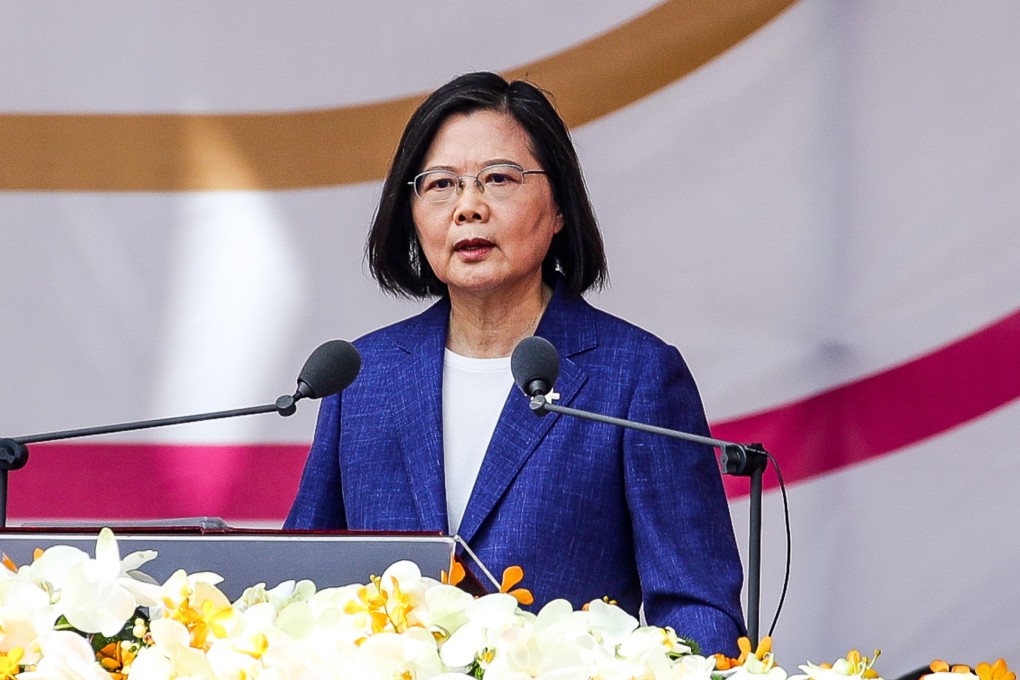My Take | President Tsai Ing-wen’s overreach will likely return the Kuomintang to power
- Mainland China has long accepted Taiwan’s democracy; it’s independence against which it will go to war

Call them allies or client states. For the United States, they are put in a hierarchy. At the top is Israel, followed by the “Five Eyes” English-speaking nations. Where Taiwan actually is is anyone’s guess, assuming it is even in it.
But Taiwan is not Israel; it is nowhere near the top. Everyone likes to back a winner. The US is no exception. The Jewish state is a winner, literally in every war it has ever fought with an Arab state or a combination of states. Taiwan? Well, it is not an internationally recognised state, and it is militarily untested.
That’s why Taiwan’s President Tsai Ing-wen is overplaying her hands. Israel can be assured of US support in any military conflict – because it can fight one on its own and most likely prevail. Militarily and diplomatically, it dominates the Middle East. Banks love to lend to people who don’t need their money.
They don’t like clients who are desperate for a loan without which they may not survive. In a Taiwan Strait conflict, the island would be that desperate customer who can’t survive without a really, really big loan from Washington.

00:00
Taiwan denounces mainland China for ‘over the top’ flights into island’s air defence zone
That “loan” would involve not just US weaponry, but US soldiers. American blood would be spilled for Taiwan’s ambition to become independent. Such a confrontation would risk a third world war involving the use of nuclear weapons. The island is definitely not worth that much within the calculus of American foreign policy, whatever bombast that is coming out of Washington.
